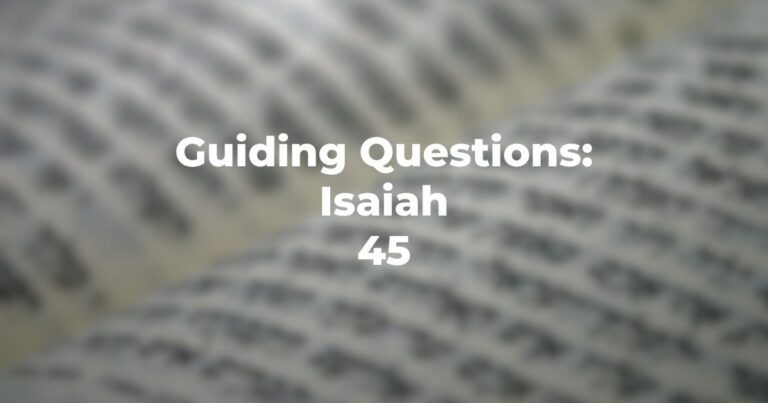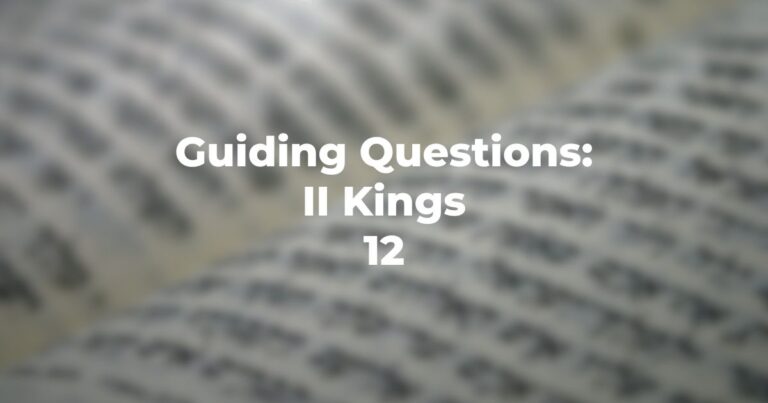- What connotations and associations would the fact that Haman was descended from Agog, king of Amalek, have on Jews such as Mordecai? Remember what the TorahRefers to the first five books of the Hebrew Bible, the Tanakh, also called the Five Books of Moses, Pentateuch or the Hebrew equivalent, Humash. This is also called the Written Torah. The term may also refer to teachings that expound on Jewish tradition. Read more says about the Amalekites (read Exodus 17.8-16 and Deuteronomy 15:17-19).
- Esther 3:2 says that Mordecai refuses to bow before Haman and Esther 3:4 implies that the reason is because he is a Jew. But why would that matter? Jews bowed before kings and people of high rank (Genesis 23:7, Genesis 23:29; Genesis 33:3; 1 Samuel 24:9; 1 Kings 1:16). Was it perhaps because Haman was an Amalekite and Mordecai a descendant of Saul who fought the Amalekites? Was the book perhaps composed at a later period when some Caesars declared themselves to be divine while they still lived?
- The author offers no motives for the actions of the king’s servants in Esther 3:3-4. Can we conjecture any? Were they concerned for Mordecai’s safety? Were they simply curious about his reasons? Were they upset over the arrogance of this Jew? Were they interested in how the king’s new favorite would react? Was it just more court intrigue?
- In what way has the grievance expressed in Esther 3:2 and Esther 3:5 changed in Esther 3:6? How typical is this of the psychology of a bigot?
- The author tells us (Esther 3:7) that the dates to destroy the Jews were chosen during Nisan, the month in which Pesah is celebrated. Is this coincidence or is there a subtle message in it?
- What 3 reasons does Haman give Ahasuerus (Esther 3:8) before advising the annihilation of this people? What is true, half-true, or false about these charges?
- The bribe offered in Esther 3:9 is enormous. Does the king generously give it back to Haman (Esther 3:11) or was this a classic oriental ploy (see Esther 4:7 and Esther 7:4)?
- Does Haman indicate which people he wants to destroy? Does he name the person who provoked his wrath? Does Ahasuerus ask which people this is? Does he question and investigate the charges? Does he seem to care about such matters? What does each of them appear to care about most?
- Why does the author devote three full sentences (Esther 3:12-14) to the legal details and distribution of this decree of total annihilation?
- What are the dramatic literary contrasts the author makes in Esther 3:15?
Author
-

Exploring Judaism is the digital home for Conservative/Masorti Judaism, embracing the beauty and complexity of Judaism, and our personal search for meaning, learning, and connecting. Our goal is to create content based on three core framing: Meaning-Making (Why?), Practical Living (How?), and Explainers (What?).
View all posts




